Maximizing Your Home's Efficiency: The Essential Guide to More Plumbing Solutions for Better Water Management
In today's world, where resource conservation is more important than ever, maximizing your home's efficiency is not just a choice, but a necessity. One of the key areas to address in this pursuit is water management, which can significantly impact both your utility bills and the environment. This essential guide explores how to implement more plumbing solutions in your home, enabling you to effectively manage water usage while enhancing the overall efficiency of your household systems. From innovative fixtures to smart technology updates, the strategies outlined herein will empower you to transform your home into a model of water-wise living. By embracing more plumbing methods, you can reduce waste, save money, and contribute to a more sustainable future. Whether you're a homeowner looking to make minor improvements or planning a significant renovation, this guide will provide you with the tools and insights needed to optimize your plumbing for better water management.
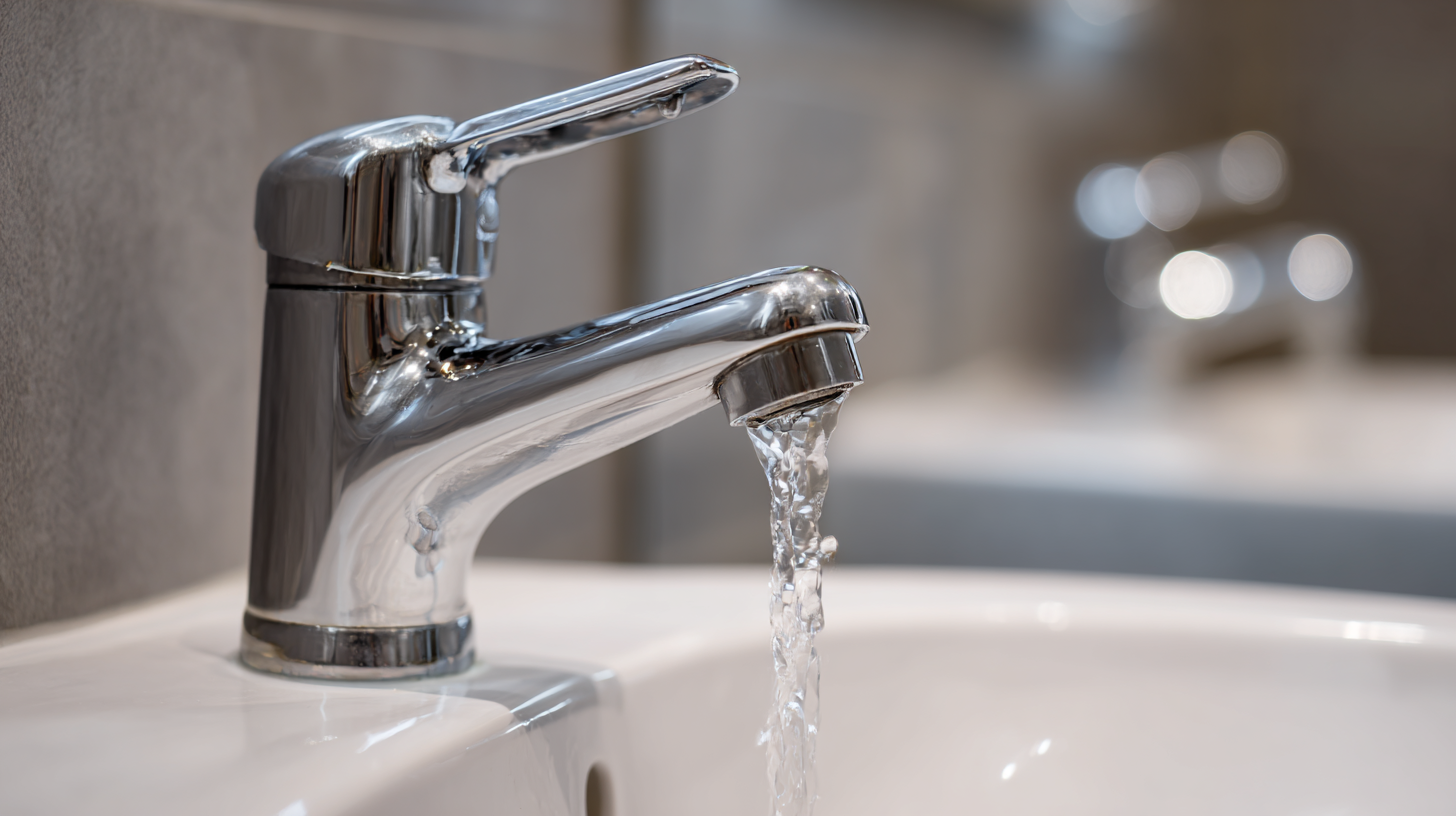
Understanding Water Flow: The Basics of Residential Plumbing Efficiency
Understanding how water flows through your home is fundamental for enhancing
residential plumbing efficiency. Proper water management not only contributes to
environmental sustainability but also helps
reduce your utility bills. Key components such as
pipe diameter, water pressure, and
fixture locations significantly influence water flow rates. Moreover, regular maintenance
of plumbing systems ensures that leaks and blockages are promptly addressed, preventing
water waste and improving overall
efficiency.
To maximize your home's plumbing efficiency, consider implementing these tips: Firstly, install
low-flow fixtures in your kitchen and bathroom to minimize water usage without sacrificing performance.
Secondly, regularly inspect your plumbing for leaks and repair them immediately—this simple action can save
gallons of water daily. Lastly, examine your water heater settings; lowering
the temperature can reduce energy consumption while still providing adequate hot water for your needs.
By understanding the basics of water flow and applying these strategies, you can significantly enhance your
home's plumbing efficiency, leading to better water management and
cost savings.
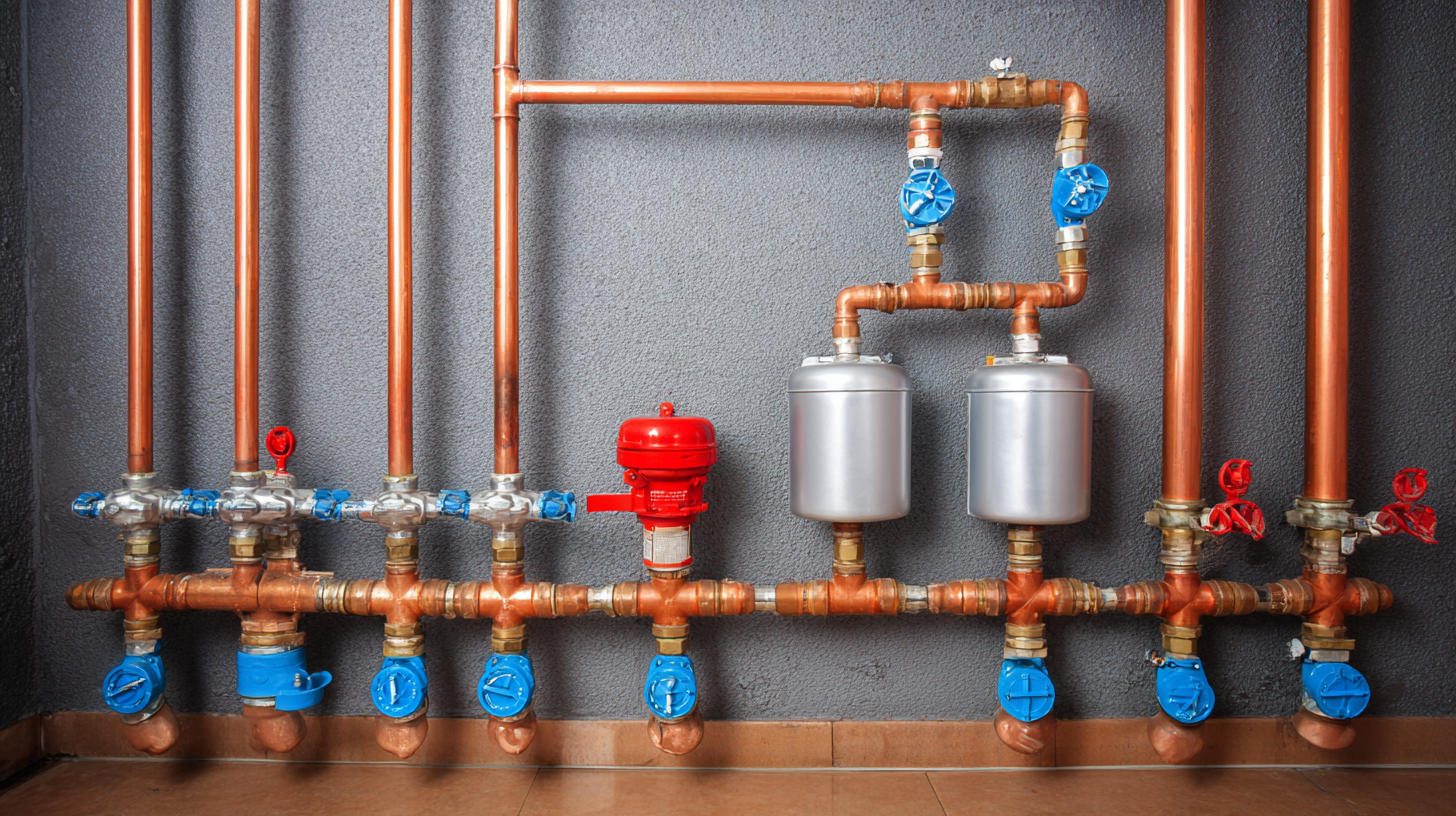
Essential Plumbing Upgrades: Top 5 Investments for Energy and Water Savings
Maximizing your home's efficiency starts with essential plumbing upgrades that can significantly enhance water management and contribute to sustainability efforts. Investing in water-efficient fixtures, such as low-flow faucets and dual-flush toilets, can lead to substantial reductions in water use. In fact, households can typically save over 20% on their water bills by adopting these upgrades while also contributing to overall water conservation efforts.
Tip: Consider installing a greywater recycling system that reuses water from sinks and showers for irrigation. This not only conserves potable water but also reduces your water treatment costs.
Moreover, with the critical importance of robust water infrastructure, investing in smart irrigation systems can help monitor soil moisture and optimize water application. This is particularly crucial for agricultural practices, where studies indicate that improved water use efficiency could enable Canada to grow more produce with less water.
Tip: Evaluate your landscaping needs and adjust your irrigation schedules based on weather forecasts and seasonal changes to minimize wastage.
By prioritizing these plumbing upgrades, homeowners can create a lasting impact on both their energy consumption and water management, ultimately leading to a more sustainable living environment.
Creative Solutions: 7 Innovative Ways to Optimize Your Home's Water Systems
When it comes to optimizing your home's water systems, creativity is key. Here are seven innovative ways to enhance water management while maximizing efficiency throughout your home.
One effective strategy is the installation of low-flow fixtures. These fixtures, such as showerheads and faucets, significantly reduce water usage without sacrificing performance. Another exciting option is the use of rainwater harvesting systems. By collecting rainwater from your roof and storing it for irrigation or non-potable uses, you are not only conserving potable water but also promoting sustainability.
Tips: Consider integrating smart home technology that monitors water usage in real-time, alerting you to any leaks or excessive consumption. Additionally, landscape your garden with native plants that require less water, creating a beautiful outdoor space that’s easy to maintain. Another idea is to install greywater reuse systems, which recycle water from sinks and showers for irrigation or toilet flushing, further optimizing your home’s water systems.
Maximizing Your Home's Efficiency: The Essential Guide to More Plumbing Solutions for Better Water Management
| Solution | Description | Benefits | Estimated Cost |
|---|---|---|---|
| Low-Flow Fixtures | Install aerators and low-flow showerheads to reduce water usage. | Saves water, reduces bills, and conserves energy. | $100 - $300 |
| Smart Irrigation Systems | Automated systems that adjust watering schedules based on weather. | Improves water efficiency and enhances plant health. | $200 - $700 |
| Rainwater Harvesting | Collect and store rainwater for irrigation and other uses. | Reduces dependency on municipal water and lowers water bills. | $500 - $3,000 |
| Leak Detection Systems | Devices that monitor and alert homeowners of leaks in real-time. | Prevents water damage and costly repairs. | $100 - $500 |
| Greywater Recycling | System that reuses water from sinks and showers for irrigation. | Conserves potable water and reduces water bills. | $1,000 - $5,000 |
| Pipe Insulation | Insulate hot water pipes to reduce heat loss. | Improves energy efficiency and reduces heating costs. | $50 - $150 |
| Backflow Preventers | Devices that prevent contaminated water from reversing flow. | Protects drinking water supply and prevents contamination. | $200 - $600 |
Smart Tools: 6 Must-Have Gadgets for Monitoring and Managing Water Usage
In today's world, efficient water management is more critical than ever. With up to 30% of residential water consumption occurring in landscaping and 10% during appliance use, homeowners are increasingly turning to smart tools to track and reduce their usage. The adoption of advanced monitoring gadgets can lead to significant savings—up to 20% on water bills, according to the American Water Works Association. By integrating smart technology into home plumbing systems, residents can gain real-time insights into their water usage patterns.
Among the essential gadgets are smart water meters, which provide detailed analytics and notifications about water flow and leaks. Devices such as leak detectors can automatically send alerts to homeowners, potentially saving thousands of dollars in damages. Additionally, smart irrigation controllers adjust watering schedules based on weather trends, reducing waste while maintaining a lush landscape. As homeowners embrace these innovations, they not only contribute to environmental sustainability but also enhance their home's overall efficiency and longevity, aligning with growing industry trends towards smart home technology.
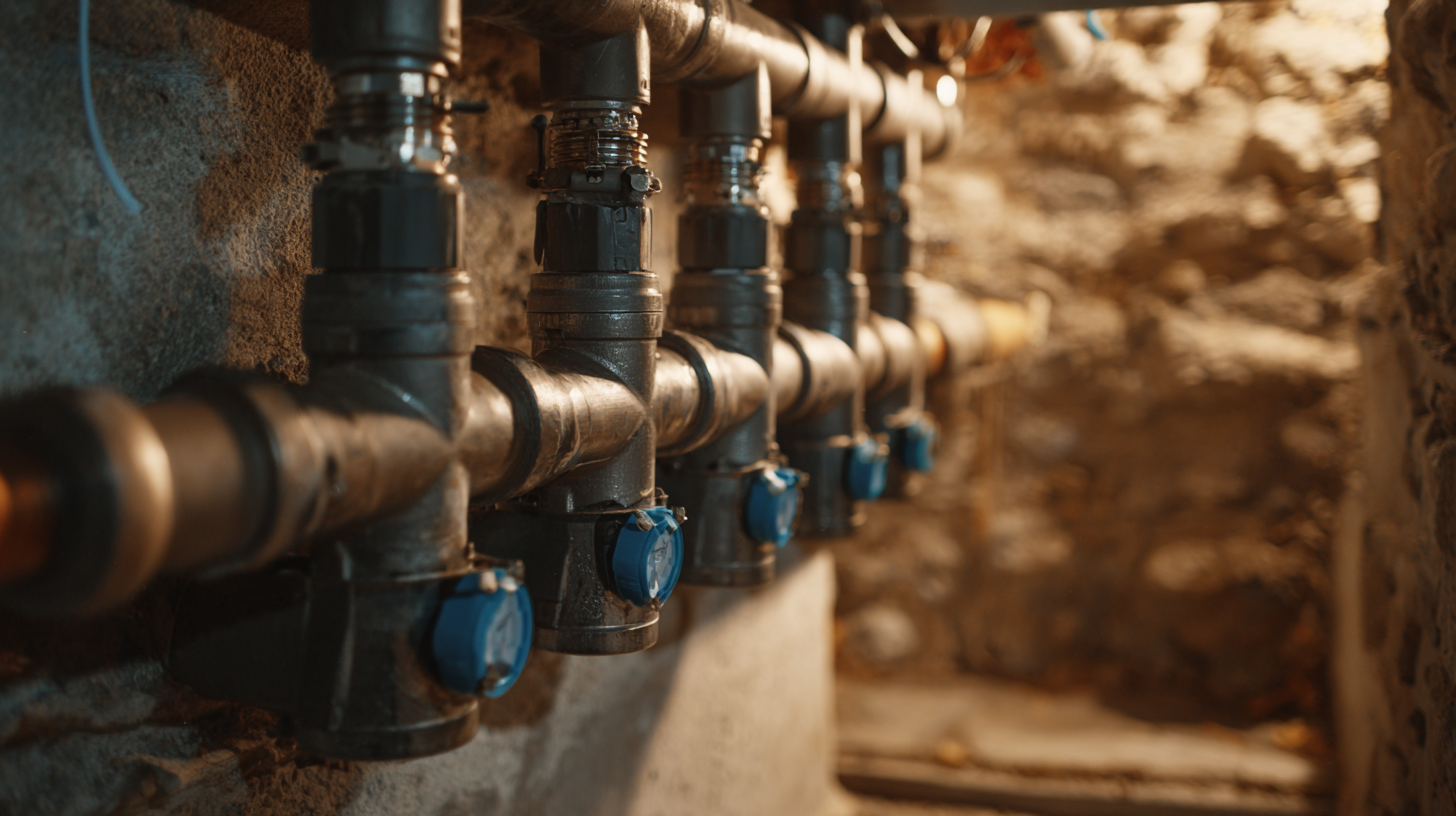
Maintenance Matters: 4 Key Practices to Extend the Life of Your Plumbing System
Proper maintenance of your plumbing system is essential for maximizing your home’s efficiency and extending the lifespan of your fixtures. One key practice is to conduct regular inspections, allowing you to identify potential leaks or wear before they become serious issues. By checking for signs of corrosion or moisture around pipes, and ensuring that fixtures are functioning correctly, homeowners can address problems early, potentially saving on costly repairs in the long run.
Another important maintenance practice is to flush your water heater at least once a year. This process helps remove sediment buildup that can affect efficiency and lead to premature failure. Additionally, consistent drain cleaning is vital to prevent clogs and ensure that water flows smoothly throughout your home. Finally, investing in water softeners can greatly enhance the life of plumbing fixtures by reducing mineral buildup, leading to better water quality and overall performance. By implementing these key practices, homeowners can effectively manage their plumbing systems and promote greater water efficiency in their households.
Related Posts
-
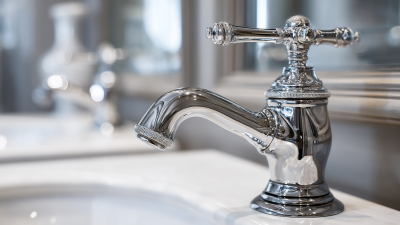
The Ultimate Guide to Understanding More Plumbing Innovations for Your Home
-
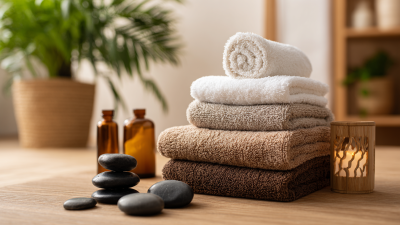
Essential Bathroom Supplies for Creating a Spa Like Experience at Home
-
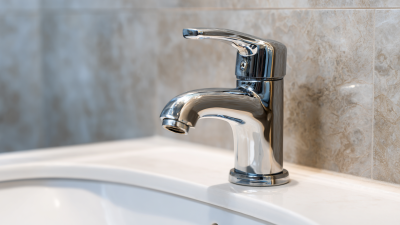
Choosing the Perfect Lavatory Faucet for Your Bathroom Makeover Ideas
-
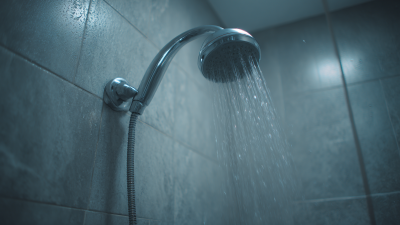
Essential Shower Plumbing Tips: How to Avoid Common Installation Mistakes
-
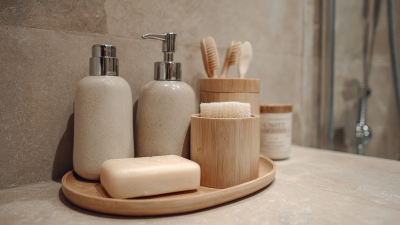
Ultimate Guide to Choosing Eco Friendly Shower Products for a Sustainable Bathroom
-
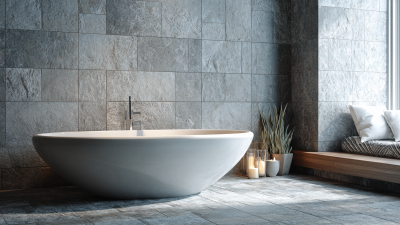
Revamp Your Bathroom with Stunning Tub and Tile Combinations for Modern Aesthetics
